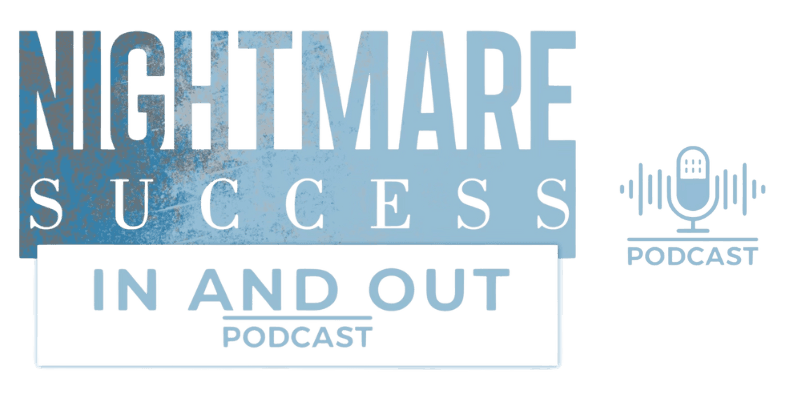
Why Do People Make Bad Choices? Simple, We're Human.
Craig Stanland
“Do good people commit fraud?”
I was the opening keynote speaker at the 2024 Fraud Retreat in Denver a couple of weeks ago.
I had an incredible conversation with a gentleman after my talk and he asked me that question.
Followed by,
“Do you believe you were a good person when you were committing fraud?”
I shared this story as my response.
“I lived in a townhouse/condominium community while I was committing the fraud. It was brand new construction: everyone living there was the first to occupy their homes.
We lived in the condo section, three buildings in a U-shape around a beautiful courtyard.
Each building had four levels, including the garage, one elevator, and two stairwells.
As with many new construction projects, there were glitches. One of ours was our fire alarm system.
It would go off without reason, usually in the middle of the night, and hundreds of people would gather in the courtyard in their PJs, waiting for the “all clear” from the fire department.
This happened more times than we would ever want until the issue was resolved.
Many of my neighbors were elderly, and since you can’t take the elevator during a fire, they would take the stairs.
When the fire alarm sounded and we gathered in the courtyard, I would do the same thing as soon as I ensured my now ex-wife was safe.
I’d run through all three buildings, all four floors, and both stairwells, checking to make sure one of our elderly neighbors hadn’t fallen or couldn’t make it outside safely.
I did this every time and was grateful I could do it.”
The gentleman at the fraud retreat said,
“That’s a good person.”
I don’t think the question, “Do good people commit fraud?” is valuable — it’s more of a curiosity.
A better question is,
“Why do people make bad choices?”
I also think accepting the following statement is valuable in our desire to understand the mindset of fraud:
People commit fraud.
They’re not “good” or “bad”; they just are.
One bad choice doesn’t make a person inherently “bad”; they merely did a bad thing.
Just as a good choice doesn’t make a person inherently “good,” they merely did a good thing.
How many neighbors of serial killers said they were good neighbors?
Fraud, or any of our terrible decisions (texting and driving, for example), are about human beings having a human experience who are often operating out of wounds and fears no one but them can see.
(Even texting while driving can be done from a wound — people pleasing, the “need” to get the last word, the “need” to share right NOW.)
When we understand that everyone has the capacity to commit fraud, we humanize fraud, and when we humanize fraud, we’re better suited to prevent and detect fraud.
Because we’re not always looking “out there” for answers, we can look within, understand ourselves, and then understand others.
The fraud triangle (a model that explains the conditions that may lead to fraud) is a great tool, but in reality, its proper name should be,
“The Human Experience Triangle.”
Craig Stanland is a Reinvention Architect & Mindset Coach, TEDx & Keynote Speaker, and the Best-Selling Author of “Blank Canvas, How I Reinvented My Life After Prison.” He specializes in working with high-achievers who’ve chased success, money, and status in their 1st half, only to find a success-sized hole in their lives. He helps them unleash their full potential, break free from autopilot, draft a new life blueprint, and connect with their Life’s Calling so they can live extraordinary lives with purpose, meaning, and fulfillment. Craig is also a member of the Ministry’s White Collar Support Group™ that meets every Monday evening on Zoom. Craig can be reached at craig@craigstanland.com.
